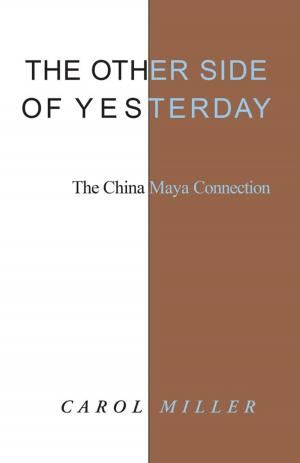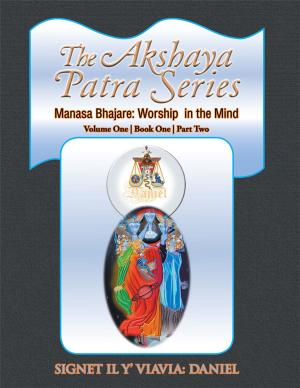| Author: | Preston McWhorter | ISBN: | 9781483692159 |
| Publisher: | Xlibris US | Publication: | September 19, 2013 |
| Imprint: | Xlibris US | Language: | English |
| Author: | Preston McWhorter |
| ISBN: | 9781483692159 |
| Publisher: | Xlibris US |
| Publication: | September 19, 2013 |
| Imprint: | Xlibris US |
| Language: | English |
THE EXCERPTS: These poems describe some virtues found in todays societies which if widely spread become hallmarks of enlightened societies. The form is a five-line poem derived from japanese poetry. It is not typical of poems here but introduces some enlightened society characteristics. SEEDS OF ENLIGHTENED SOCIETY: Virtues to Nourish is a volume of poetry which describes virtues manifest by basic goodness in our individual social relations, in groups, and organizations. These are seeds to be nurtured and cherished so that they characterize society as a whole. This volume is in eight parts. Each part contains poetry expressive of a facet of enlightened society brought about by virtues present in todays society. These virtues must be strengthened and become widely spread in order to achieve a universal enlightened society. Parts I & II talk about the Shambhala Principle or basic goodness. Basic goodness forms the primordial core of humanitys existence. It manifests as virtues of loving- kindness, generosity, friendliness etc. characteristic of enlightened society. Part IIIEnlightened Society is poems that seek to express the feeling of living in enlightened society. This is especially true of the Shambhala House Hold (revised). Part IV is a series of nine short poems which describe virtues inherent in basic good ness. Part V describes some characteristics of enlightened corporations. Some of the obstacles which Shambhala warriors must overcome in the quest for enlightened society and some of the heroes of that quest are described in Part VI. Foremost among obstacles are greed, hatred, arrogance and envy, Part Vll lists some of the departures from the Path to enlightenment that advanced practitioners are prone to. The main obstacle to enlightened society is that humanity has not reached a consensus on the fact that it is basically good. We must believe that we are all worthy individuals and live in accordance with this.
THE EXCERPTS: These poems describe some virtues found in todays societies which if widely spread become hallmarks of enlightened societies. The form is a five-line poem derived from japanese poetry. It is not typical of poems here but introduces some enlightened society characteristics. SEEDS OF ENLIGHTENED SOCIETY: Virtues to Nourish is a volume of poetry which describes virtues manifest by basic goodness in our individual social relations, in groups, and organizations. These are seeds to be nurtured and cherished so that they characterize society as a whole. This volume is in eight parts. Each part contains poetry expressive of a facet of enlightened society brought about by virtues present in todays society. These virtues must be strengthened and become widely spread in order to achieve a universal enlightened society. Parts I & II talk about the Shambhala Principle or basic goodness. Basic goodness forms the primordial core of humanitys existence. It manifests as virtues of loving- kindness, generosity, friendliness etc. characteristic of enlightened society. Part IIIEnlightened Society is poems that seek to express the feeling of living in enlightened society. This is especially true of the Shambhala House Hold (revised). Part IV is a series of nine short poems which describe virtues inherent in basic good ness. Part V describes some characteristics of enlightened corporations. Some of the obstacles which Shambhala warriors must overcome in the quest for enlightened society and some of the heroes of that quest are described in Part VI. Foremost among obstacles are greed, hatred, arrogance and envy, Part Vll lists some of the departures from the Path to enlightenment that advanced practitioners are prone to. The main obstacle to enlightened society is that humanity has not reached a consensus on the fact that it is basically good. We must believe that we are all worthy individuals and live in accordance with this.















